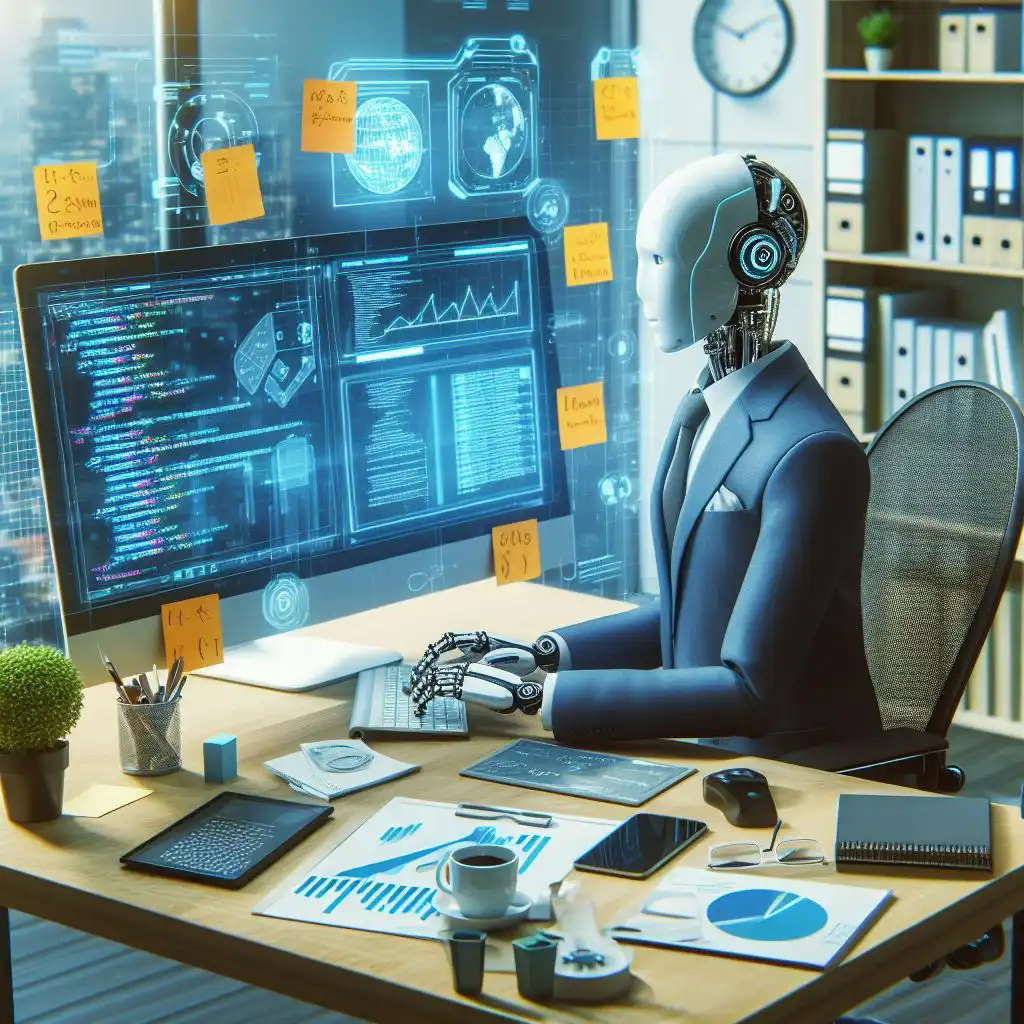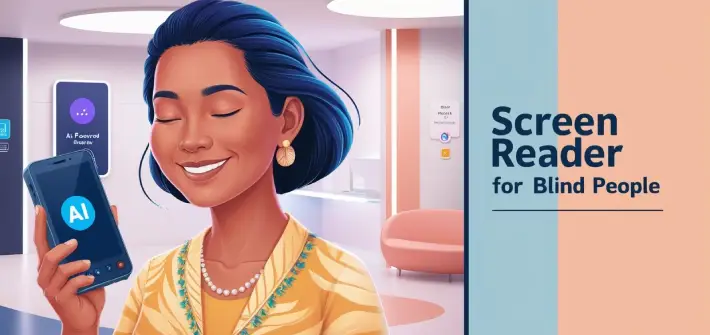Future of programming : Artificial Intelligence (AI) has emerged as a groundbreaking force, significantly impacting various industries, and programming is no exception. This article explores the effects of AI on programming, shedding light on the transformative changes it introduces to coding practices, development workflows, and the overall landscape of software engineering.
1. Accelerating Development Processes
AI has proven to be a catalyst in expediting development cycles. With the advent of automated code generation and intelligent code completion, developers can navigate through coding tasks more efficiently. This not only reduces the time required for development but also minimizes the potential for human errors, leading to more robust and reliable software.
2. Intelligent Code Analysis and Optimization
One of the significant contributions of AI to programming is its role in enhancing code quality. Advanced algorithms and machine learning techniques are employed to analyze code patterns comprehensively. AI tools can identify potential bugs, suggest optimizations, and provide insights into improving the overall performance of software applications. This proactive approach ensures that the codebase is of higher quality and more maintainable. Suggested article : If you want to know more about future of programming read this article about AI Is AI really smart?
3. Streamlining Bug Detection and Debugging
AI algorithms are adept at detecting bugs and anomalies in the codebase, allowing for more efficient debugging processes. By leveraging pattern recognition and anomaly detection, AI tools can identify potential issues before they escalate, making the debugging phase quicker and more effective. This capability significantly contributes to the reliability and stability of software applications.

4. Enabling Natural Language Processing (NLP)
Natural Language Processing (NLP) is revolutionizing the interaction between developers and code. AI-driven tools powered by NLP can understand and interpret natural language queries related to code. This facilitates easier communication with the codebase, making programming more accessible to individuals with varying levels of expertise. Developers can now interact with code using human language, enhancing collaboration and reducing barriers to entry.
5. Code Generation and Auto-Completion
AI has introduced intelligent code generation and auto-completion features, which assist developers in creating code more efficiently. By predicting the next lines of code based on contextual analysis, these tools enhance productivity and reduce the cognitive load on developers. This is particularly beneficial when working on large projects with intricate code structures.
6. Democratizing Development with Low-Code Platforms
AI-driven low-code platforms empower individuals with limited programming experience to contribute to software development. These platforms leverage AI to automate aspects of the coding process, allowing users to create applications through visual interfaces and minimal manual coding. This democratization of development fosters a more inclusive and diverse coding community.

7. Continuous Learning and Adaptation
AI’s impact on programming extends beyond specific tools and processes. It has instigated a paradigm shift, emphasizing the need for continuous learning and adaptation among developers. As AI technologies evolve, developers must stay abreast of new tools, methodologies, and best practices, fostering a culture of lifelong learning within the programming community. More details about future of programming is here! : the genesis of artificial intelligence
8. Ethical Considerations and Accountability
The integration of AI in programming raises ethical considerations, including concerns about bias in algorithms, data privacy, and accountability. Developers must be vigilant in addressing these issues to ensure that AI technologies are deployed responsibly, without perpetuating biases or compromising user privacy.
Conclusion: Embracing the AI-Driven Era
In conclusion, the effects of AI on programming are transformative, offering a spectrum of tools and capabilities that enhance efficiency, collaboration, and innovation. From streamlining development processes to revolutionizing how developers interact with code, AI is reshaping the programming landscape. Embracing these changes, developers can harness the power of AI to create more sophisticated, reliable, and accessible software applications, ushering in a new era of programming possibilities.




